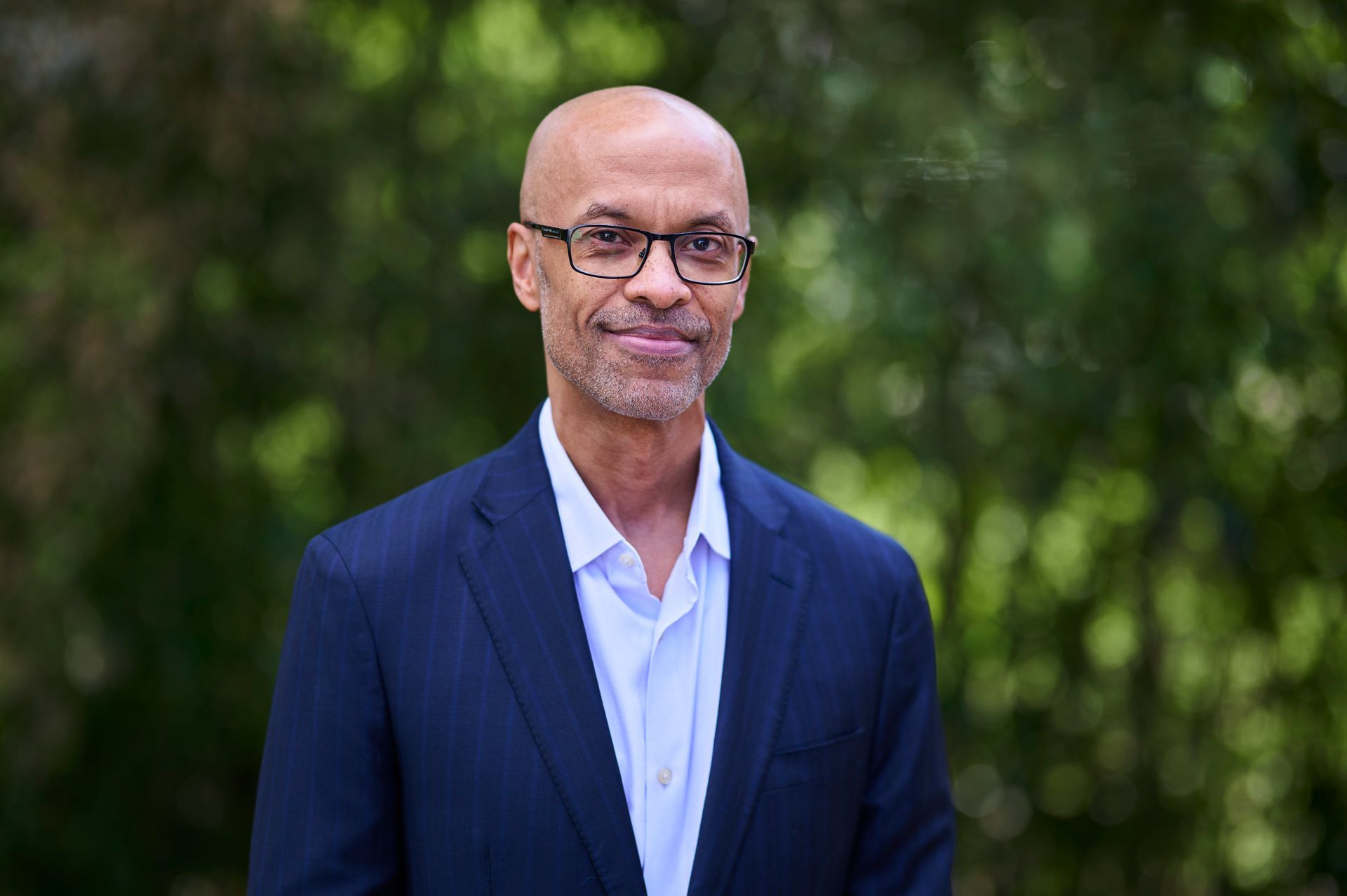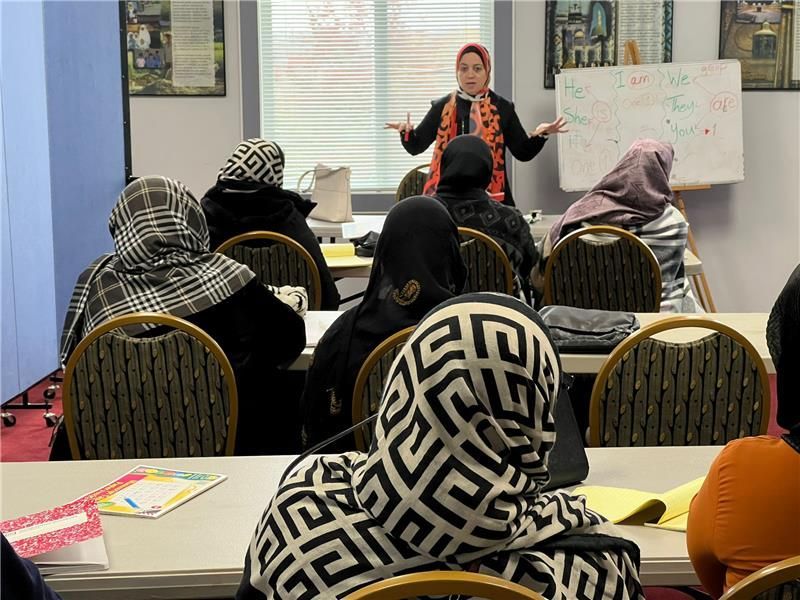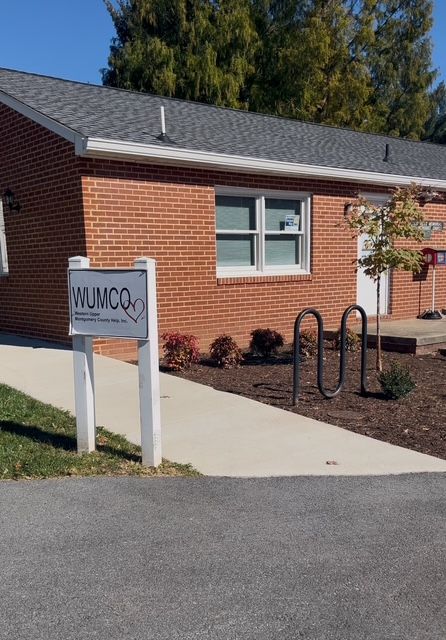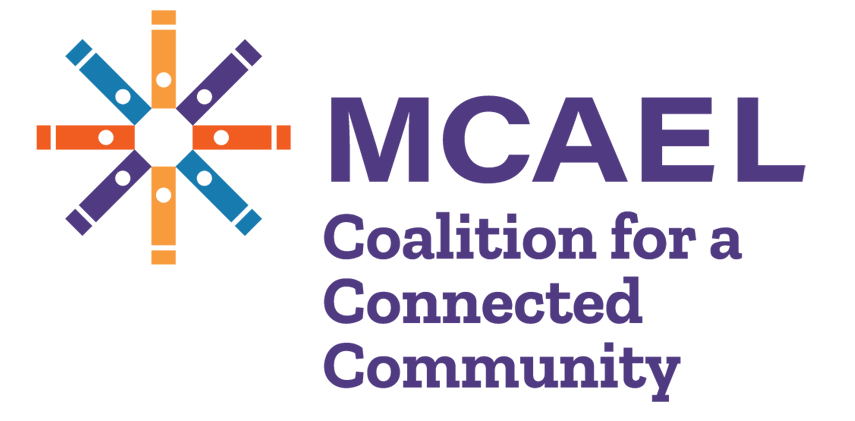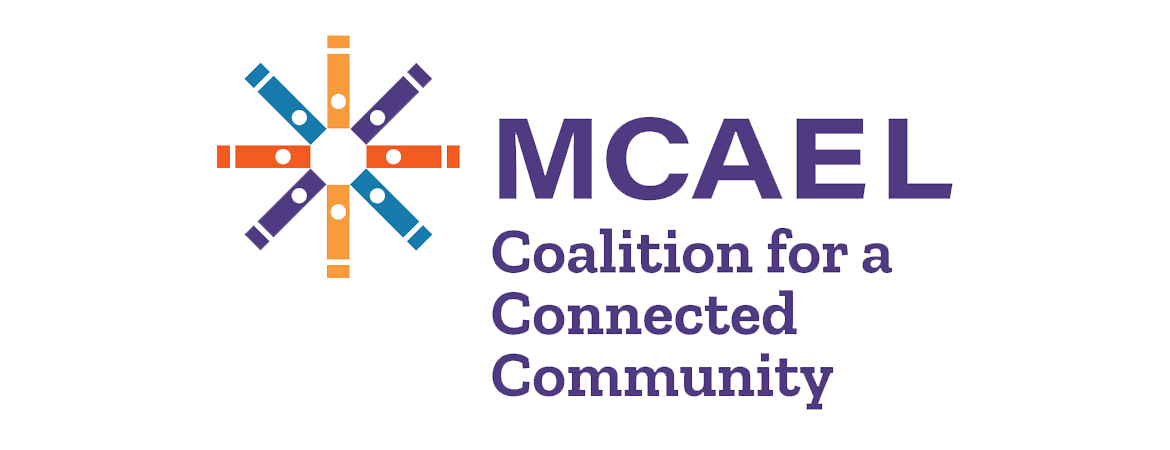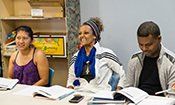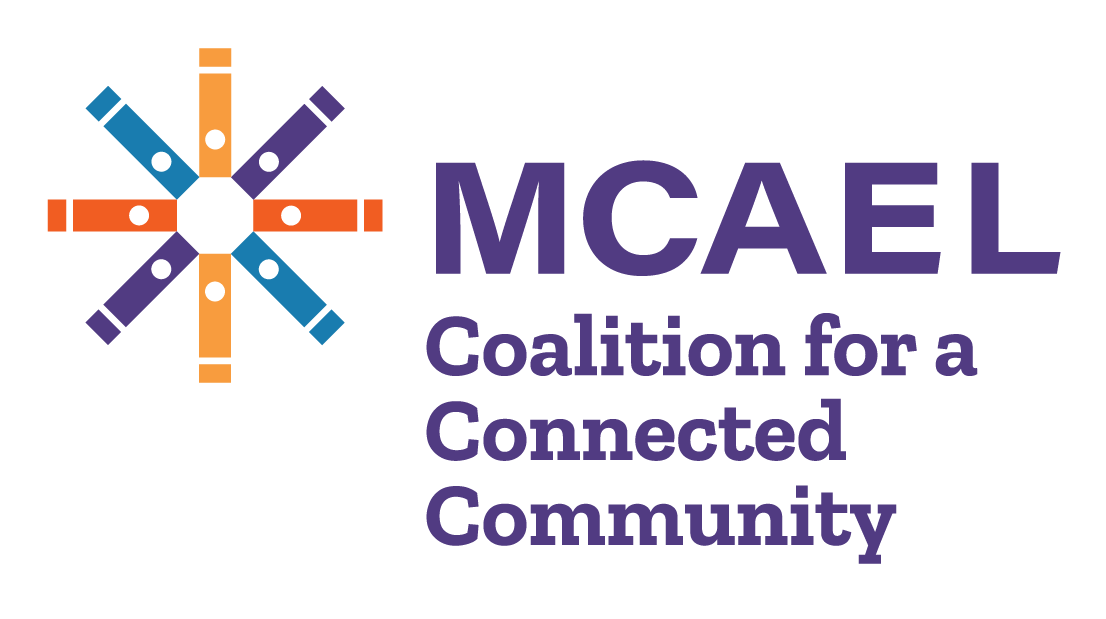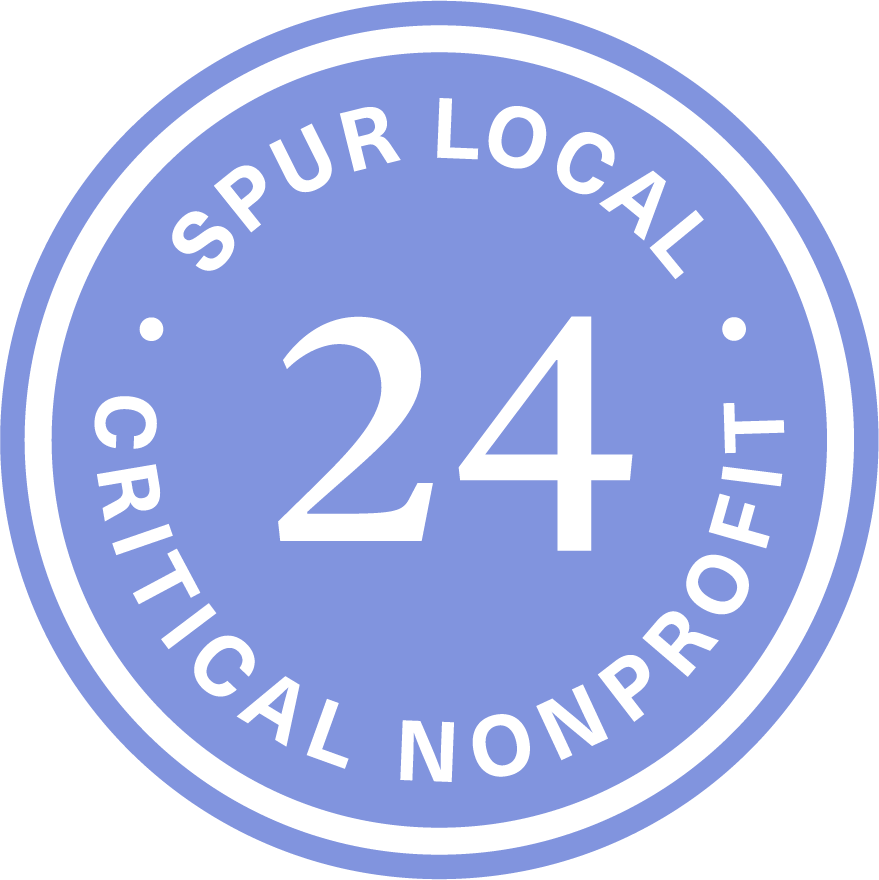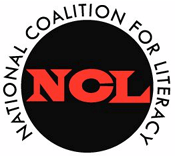The Ethiopian Community Center (ECC) has been providing English for Speakers of Other Languages (ESOL) for African immigrants for over a decade. As an established organization which has been in existence for close to 40 years, the ECC is in a strong position to help us understand their community. As a grantee for fiscal year 2019 – we asked the ECC to help us share their story:
Organization Spotlight: Ethiopian Community Center (ECC), Inc.

Can you describe your history and how your organization came to be?
An estimated 350,000 Ethiopians have made the DMV area their home. Prior to 1980 many Ethiopians came as students, diplomats and visitors. Due to military conflicts in the late 1970’s Ethiopian migration to the DMV area increased. The DMV saw a large influx of Ethiopians affected by displacement coming as refugees and political asylees. Established in 1980, The Ethiopian Community Center was created to address the single and important issue of settlement and adaptation. The main objective was to help the new arrivals settle and make a smooth transition into the community.
As an established organization in the African community, can you describe the Ethiopian community?
Today Montgomery County is home to one of the largest African-born populations in the US, second to Bronx County in NY. Ethiopians represent the fourth largest foreign-born population in MC, and the top country of origin for African immigrants. While desegregated county-level data specific to the African or Ethiopian population is unavailable, regional trends show high rates of limited English proficiency among Ethiopians. Up to 53% of Amharic speakers are limited English proficient, and a large number of households are linguistically isolated with no English-speaking adult in the household. Given this population’s strong desire and need to learn English, ECC's ESOL program offers a doorway to participating more fully in community life, and an opportunity to achieving greater educational and economic success.
African immigrants make pivotal contributions to the county's economy; however, they are disproportionately concentrated in low-wage jobs, largely due to cultural and linguistic barriers. Learning English is the first step to eliminating barriers and ensuring that this population can make an even greater contribution to the county's economy.
A coalition member:
The ECC has been in the MCAEL network for many years. In FY19, as part of MCAEL’s Grant Program in partnership with Montgomery County Government, the ECC was awarded $22,650 to support their African Immigrant Vocational ESOL Program. The ECC, in partnership with the Community Preservation and Development Corporation (CPDC) an affiliate of Enterprise Homes, offers three levels of vocational English literacy classes to African immigrant residents who live in Takoma Park’s Maple Ave corridor. The objective of the program is to equip immigrants in low wage and low skill jobs with employment-related English language skills that will allow them to successfully access educational and workforce development opportunities.
A recent success story:
Most recently the ECC toured Montgomery College’s Takoma Park Campus and Workforce Development & Continuing Education Department. Representatives from Health Sciences, Early Childhood, and the office of Community Engagement gave a presentation on non-credit and credit programs, licensing programs, and the college’s Career Pathways Scholarship. As a result, ECC were able to assist 4 ESL students in applying for the Clinical Medical Assistance Program, of which 3 students were awarded $2000 funds through the Career Pathways Scholarship in December 2018.
The ECC today:
Thanks to the collective support of staff, volunteers, private and government agencies, the Center has expanded its services and diversified its funding base. Over the years, it has grown to become a multi-service agency serving not only Ethiopians but other immigrants. Thousands of people have benefited from the Center’s ESOL and computer programs, immigration counseling and referrals, translation and interpretation services, health, career and employment counseling and other support services. As one of the dominant immigrant tax contributors in the area, Ethiopians have established businesses, restaurants, churches, and introduced their unique culture to the American community.
MCAEL partnerships with organizations like the ECC helps equip immigrant residents with the language skills necessary to build strong communities and workforces.
To learn more about ECC, please visit their website
Interview by Halima Ahmed
